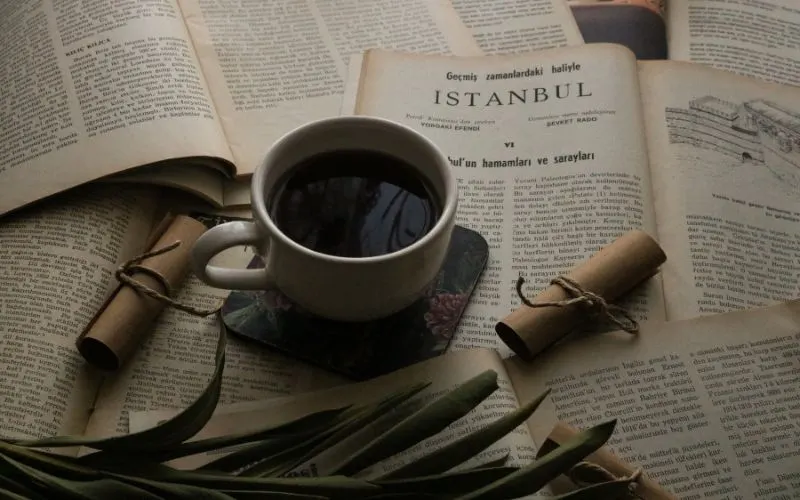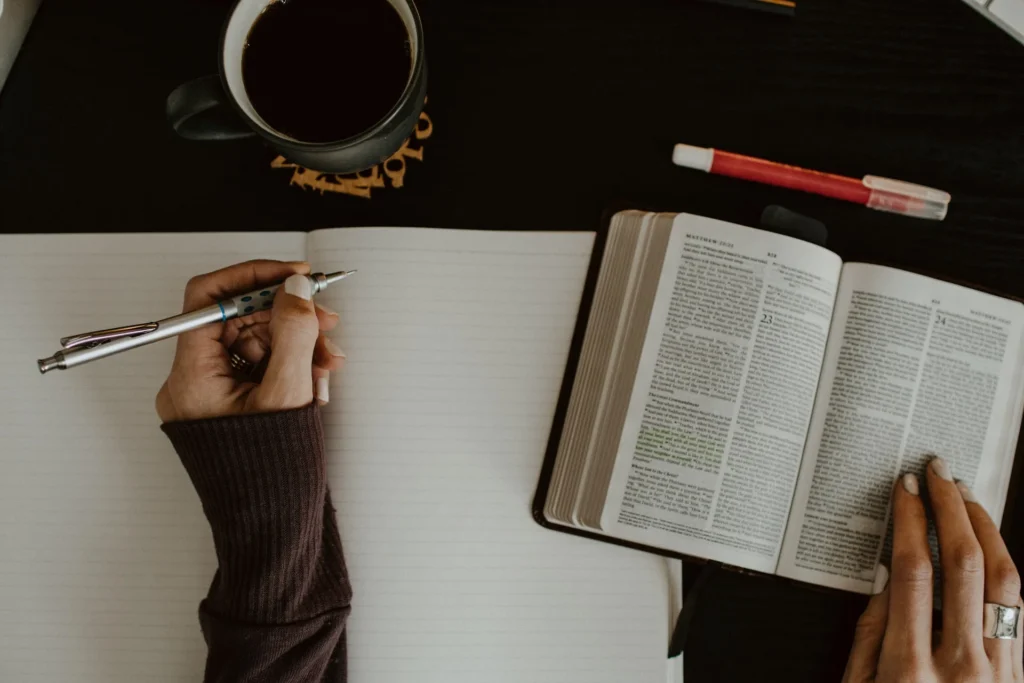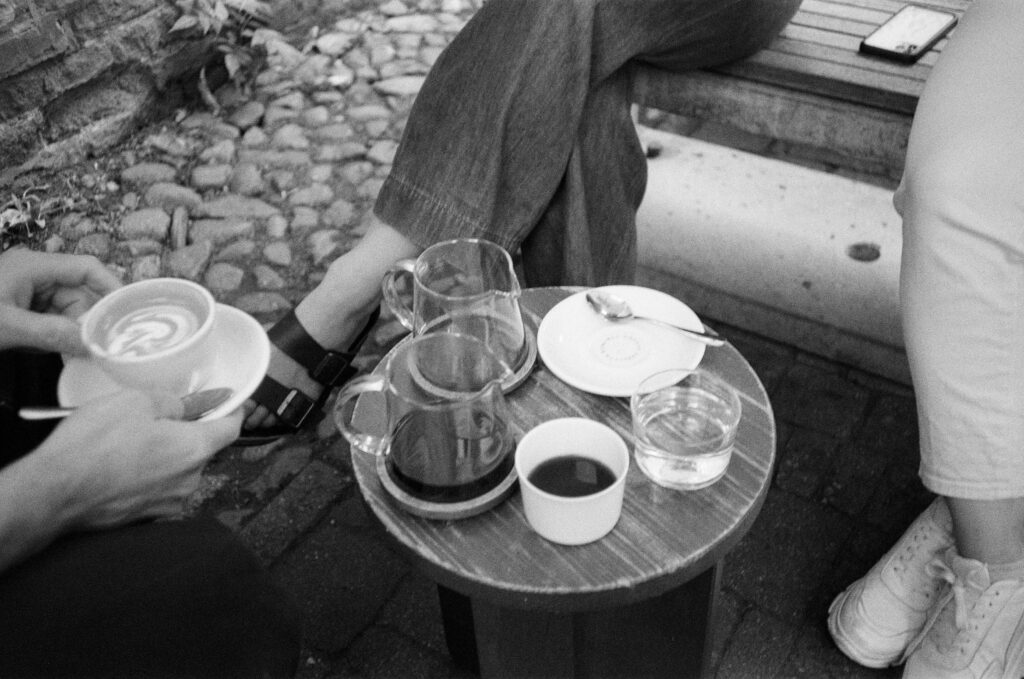
The History of Coffee in Egypt
10 June، 2025
At El Abed Coffee, We don’t just serve coffee—we preserve a rich heritage and history. The story of coffee in Egypt is a long tale of art, culture, and pleasure that began centuries ago and continues today. In this article, we’ll take you on a journey through time to discover the story of coffee in Egyptian tradition and the historic cafés that witnessed key moments in our history.
The Beginnings of Coffee in Egypt: A Story of Arrival & Spread
Coffee arrived in Egypt in the 16th century, during the Ottoman rule, marking the beginning of a love story that continues to this day. Egypt became a major hub in the history of coffee in the Middle East, and thanks to its strategic location, it played a key role in spreading coffee from Yemen to the rest of the world.
Coffee & Power: Stories from the Mamluks & Ottomans
At first, coffee faced resistance from some religious authorities who considered it intoxicating and forbidden. In 1511, the governor of Mecca banned coffee, and similar attempts were made in Egypt. However, people’s love for coffee prevailed, and Ottoman Sultan Selim I issued a fatwa permitting it. This led to the official spread of coffee throughout the Ottoman Empire, including Egypt.
“In Egypt, coffee is not just a drink—it’s part of our identity and history.” – El Abed Coffee
Turkish Coffee in Egypt: A Centuries-Old Tradition
Turkish coffee became an essential part of Egyptian culture. Egyptians developed their own way of preparing it, adding a unique touch with cardamom and sometimes cinnamon. Coffee became part of key social rituals such as engagements, weddings, and funerals.
Historic Egyptian Cafés: Cultural and Political Hubs
Traditional Egyptian cafés were never just places to sip coffee—they were, and still are, vibrant cultural, social, and political hubs. Since the late 16th century, cafés spread across Cairo and Alexandria, becoming key gathering spots for intellectuals, artists, and politicians.
Famous Cafés of Old Cairo
- El-Fishawy Café: Established in 1773 in the heart of Khan El-Khalili, it became Nobel laureate Naguib Mahfouz’s favorite spot. Many of his celebrated novels were born here, and to this day, it remains a must-visit cultural landmark.
- Café Riche: Founded in 1908, it served as a hub for Egypt’s nationalist movement and hosted secret meetings of revolutionaries against British occupation.
- Al-Aleili Café: One of the most renowned cafés in Al-Hussein, known for its lively evenings filled with traditional singers and folk musicians.
The Role of Cafés in Egypt’s Cultural Life
In Egyptian popular culture, cafés played a vital role in shaping cultural and political awareness. They were places to exchange ideas, hear the latest news, enjoy storytellers and shadow plays, and gather for traditional games like backgammon, dominoes, and chess.
In modern times, cafés became incubators for Egypt’s literary and artistic movements. Writers, poets, and artists frequently met at places like Café Riche and El-Fishawy, exchanging ideas and creating timeless works.
Coffee in Egyptian Literature: A Cup of Creativity
Coffee holds a strong presence in Egyptian literature. Many writers have written about coffee and cafés in their works, often portraying coffee as a symbol of companionship, warmth, and meaningful conversation.
Naguib Mahfouz and Coffee
Naguib Mahfouz, Egypt’s Nobel Prize-winning novelist, was one of the most iconic patrons of Egyptian cafés. In his novels—especially his renowned Trilogy—he vividly described cafés, turning them into stages for pivotal events. El-Fishawy Café was his favorite writing spot, where he once said: “In the café, you find all of Egypt gathered around one table.”
Poems and Songs About Coffee
Coffee has also found its way into Egyptian poetry and songs. The great poet Salah Jahin once wrote:
“Oh coffee, daughter of the bean… perfectly brewed with cardamom and beans,
With you my mornings are brighter, and my nights more delightful.”
In Egyptian folk songs, coffee is celebrated as a symbol of hospitality and generosity:
“Pour the coffee generously… to honor our beloved guests.”
Coffee Drinking Traditions in Egypt: Daily Rituals
Coffee drinking habits in Egypt are rich and diverse. Coffee is not just a drink—it’s a daily ritual with traditions and unwritten rules.
Morning Coffee: The Start of an Egyptian Day
In Egyptian households, morning coffee is a deeply rooted tradition. The phrase “the morning begins with a cup of coffee” isn’t just a saying—it’s reality in most homes. Coffee is usually served with breakfast, or just before it, brewed exactly to match each family member’s taste.
Afternoon Coffee: A Moment of Relaxation
In the afternoon, especially after Asr prayer, comes the time for “Afternoon Coffee.” It’s a moment of relaxation after a long day, often enjoyed with something sweet like basbousa or kunafa.
Evening Coffee: For Company and Conversation
During evening gatherings and family get-togethers, coffee plays a central role. “Evening Coffee” is usually lighter, served with sweets and nuts, creating the perfect setting for conversations, laughter, and storytelling.
Cup Reading: Coffee Fortune-Telling
One of Egypt’s most popular coffee traditions is “Cup Reading.” After drinking Turkish coffee, the cup is turned upside down on the saucer. Once it cools, the patterns left by the coffee grounds are “read” and interpreted as predictions of the future.
Coffee Trade in Ancient Egypt: A Stop on the Silk Road
In ancient times, coffee trade was a vital part of Egypt’s economy. Egypt served as a key hub for coffee trade between Yemen and Europe, with the port of Alexandria becoming one of the world’s most important coffee export centers.
The Coffee Market in Khan El-Khalili
Khan El-Khalili, Cairo’s most famous historic bazaar, was a major hub for coffee trade. There was a specialized coffee market where traders imported beans from Yemen and Ethiopia, selling them to local roasters and exporters.
Traditional Coffee Roasteries
Traditional coffee roasteries—many of which still exist—were found in the old neighborhoods of Cairo and Alexandria. These small shops used simple tools for roasting and grinding beans, with the aroma of freshly roasted coffee filling the streets, becoming a signature of old Egyptian neighborhoods.
Coffee in Egypt Today: Between Tradition and Modernity
Egypt’s modern coffee culture blends tradition with modernity. Traditional cafés are still alive, preserving their authentic charm, while international and local coffee chains have emerged, offering a wide variety of brews.
Modern and Traditional Cafés
In Egypt today, there is a wide diversity of cafés—from traditional spots in local neighborhoods to modern venues in malls and upscale districts. Each type offers a unique experience, but coffee remains the nation’s favorite drink.
El Abed Coffee: Preserving Tradition While Innovating
At El Abed Coffee, At El Abed Coffee, we take pride in being part of Egypt’s coffee history. We preserve the authentic traditions of selecting and roasting beans, while also embracing modern innovations such as European hot-air roasting to ensure the finest flavor.
We offer a wide selection of traditional Egyptian and international coffees, ensuring that every cup delivers a unique experience combining heritage with quality.
FAQs About the History of Coffee in Egypt
When did coffee first arrive in Egypt?
Coffee entered Egypt in the 16th century during the Ottoman era. It came from Yemen through traders and quickly spread throughout Egyptian society.
What are the oldest cafés in Egypt?
El Fishawy Café in Khan El-Khalili, established in 1773, is one of the oldest Egyptian cafés still operating today. Other historic cafés include Café Riche (1908).
How has Egypt’s coffee culture evolved?
Over the centuries, Egypt’s coffee culture evolved from being a luxury for the elite to a popular drink for everyone. Cafés transformed from simple gathering spots into cultural, social, and political hubs. Today, new coffee styles and cafés exist, but traditional Egyptian coffee still holds a special place in people’s hearts.
What role have cafés played in Egyptian cultural life?
Cafés have long played a major role in shaping Egypt’s cultural and political awareness. They have been meeting places for intellectuals, artists, and politicians, serving as platforms for literary and artistic discussions. Many iconic works were born in cafés, and numerous political movements used them as gathering spots.
How was coffee traditionally prepared in Egypt?
Traditional preparation methods in Egypt were simple yet precise. Beans were roasted over fire in a copper roaster, then ground in a mortar or manual grinder. Coffee was brewed in a copper pot (kanaka) and served in small cups. This method is still practiced in many Egyptian homes and traditional cafés today.
In the end…
The history of coffee in Egypt is a reflection of the country’s culture and heritage. Coffee is more than just a drink—it’s a story of art, tradition, and joy that has endured for centuries.
At El Abed Coffee, At El Abed Coffee, we are proud to be part of this story. We strive to preserve the authentic heritage of Egyptian coffee while delivering a modern experience that meets today’s tastes.
Visit your nearest El Abed Coffee branch and enjoy an authentic coffee experience that tells the story of Egypt’s history and culture in every sip.
El Abed Coffee… A Legacy of Authenticity in Every Cup
Did you enjoy this article? Share it with your fellow coffee lovers and history enthusiasts, and follow us on social media for more articles about the world and history of coffee.
Discover our coffee products | Connect with our coffee experts




